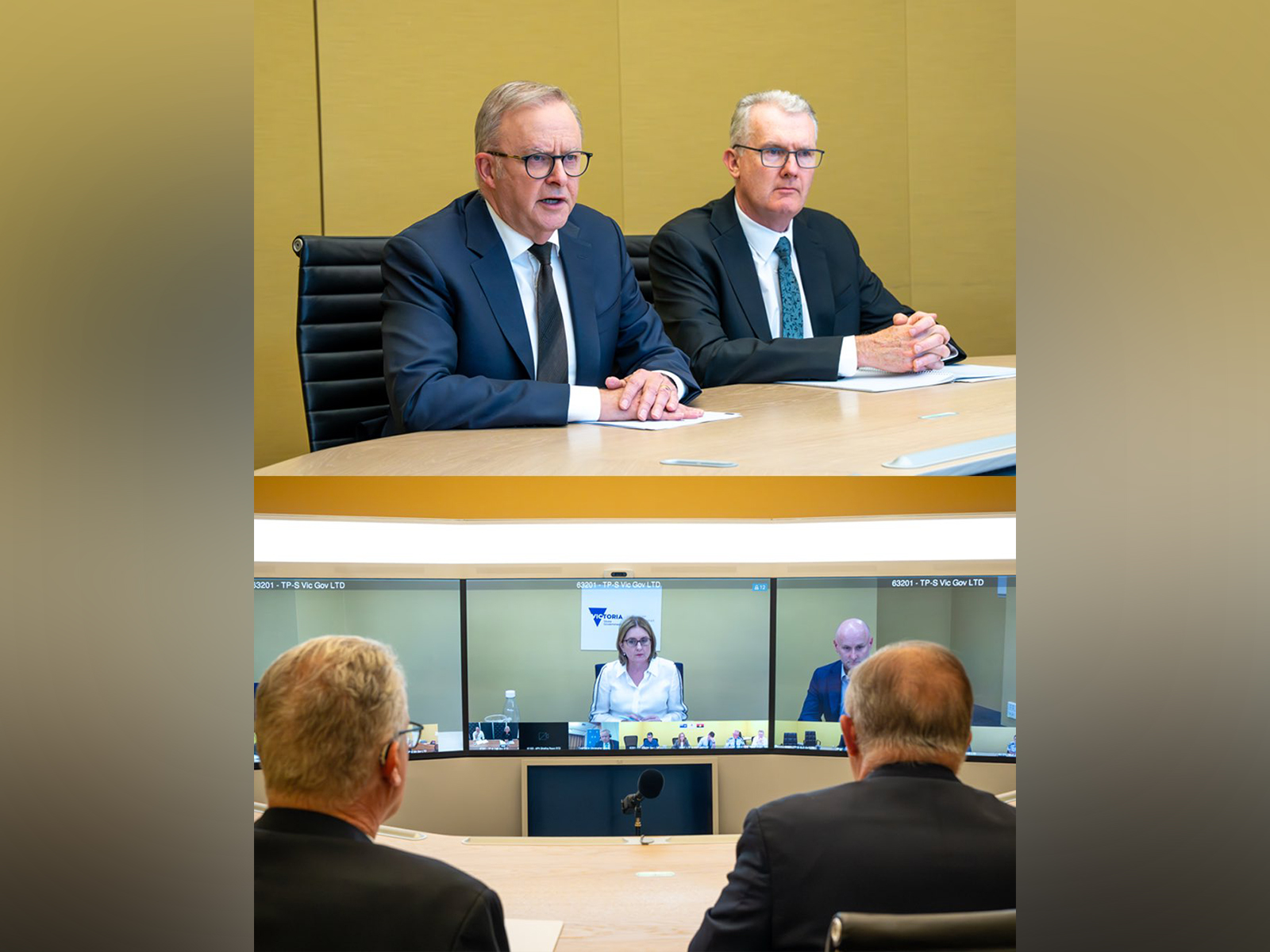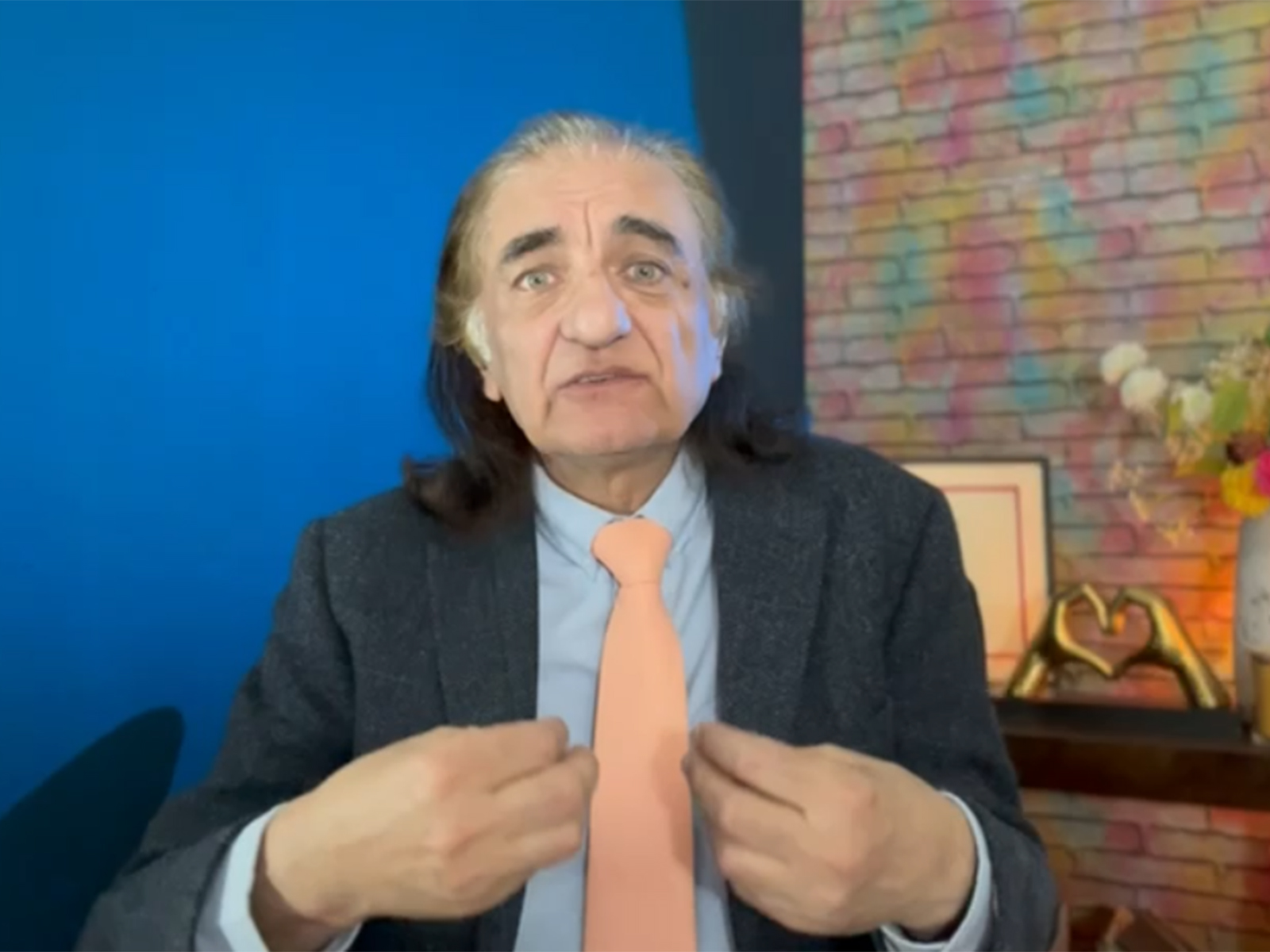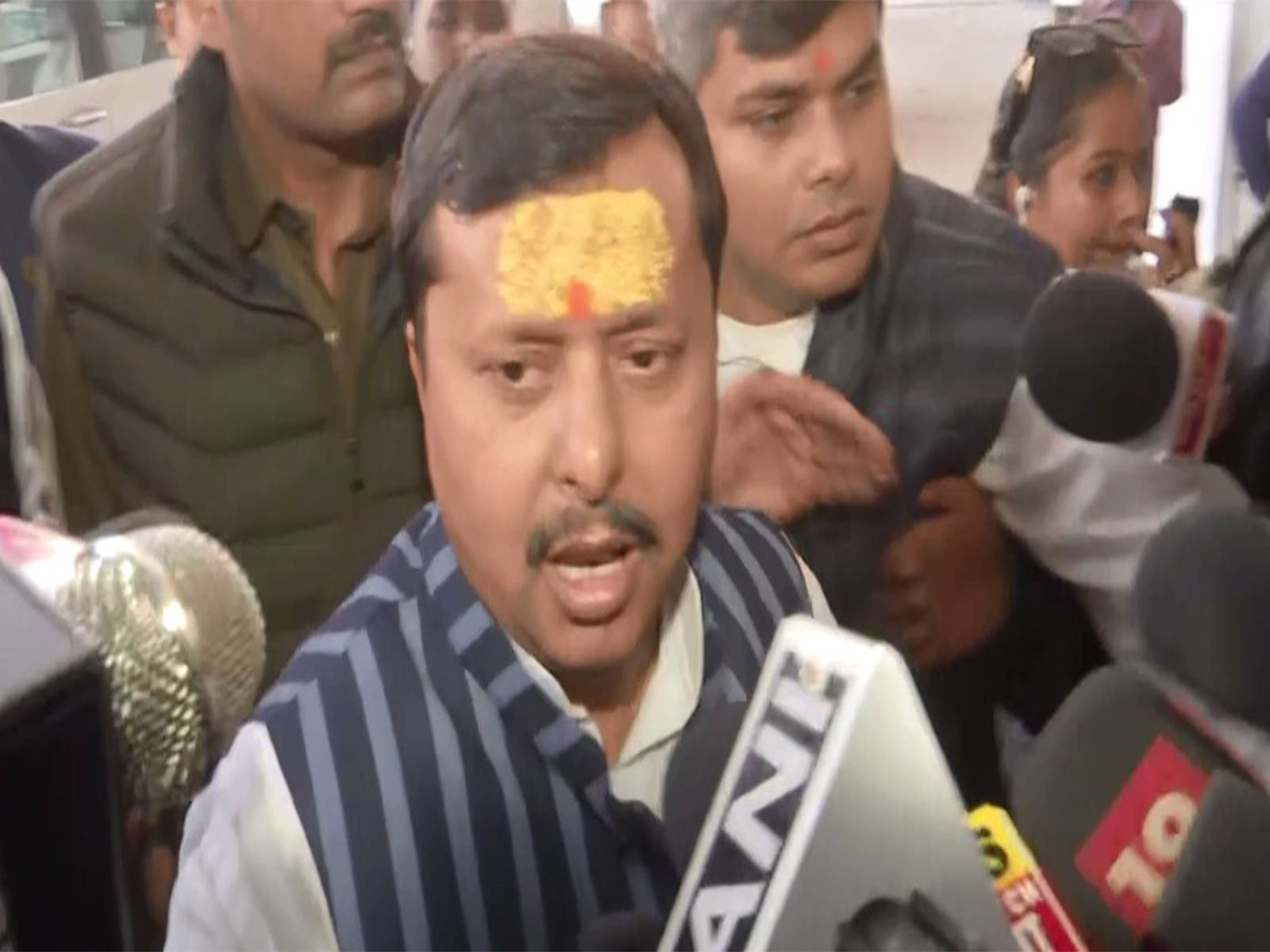Russian Govt drafts cryptocurrency road map to forestall complete ban: Reports
Jan 28, 2022

Moscow [Russia], January 28 (ANI/Sputnik): Russian Deputy Prime Minister Dmitry Chernyshenko has approved a road map regulating cryptocurrency transactions until the end of the year more than a week after the country's central bank proposed to ban it, the Russian RBC newspaper reported on Friday, citing a source close to the working group that drafted the regulations.
On Tuesday, the Russian Finance Ministry spoke in favour of regulating the field instead of banning it. The ministry prepared a draft regulation and submitted a concept of its view on the issue to the government on the same day.
The road map aims to regulate operations with cryptocurrency in Russia but not to ban it, and entails identification of customers, liability for violations, and possible obligation to register cryptocurrency trading platforms as a legal entity in the country, the newspaper said.
"The participants analyzed international experience and developed a consensus: the infrastructure of the cryptocurrency market contains advantages and certain risks, therefore it is reasonable to implement the concept of a regulatory and restrictive regime, rather than a complete ban. The complete ban is impossible and will entail a switch to the shadow market," the source told RBC.
Russia's central bank told Sputnik earlier that it disagreed with some of the finance ministry's proposals. For example, the bank said it opposed the active involvement of banks and other financial institutions in cryptocurrency turnover, as it might jeopardize financial stability. It also said that the involvement of individuals in the cryptocurrency market also holds potential risk for them, as it creates an illusion of protection and security which is not actually guaranteed by the state.
On January 20, the Central Bank of Russia published a consultative report on cryptocurrencies where it proposed to ban cryptocurrencies turnover and mining in the country, with no restrictions on holding peer-to-peer money. (ANI/Sputnik)



















